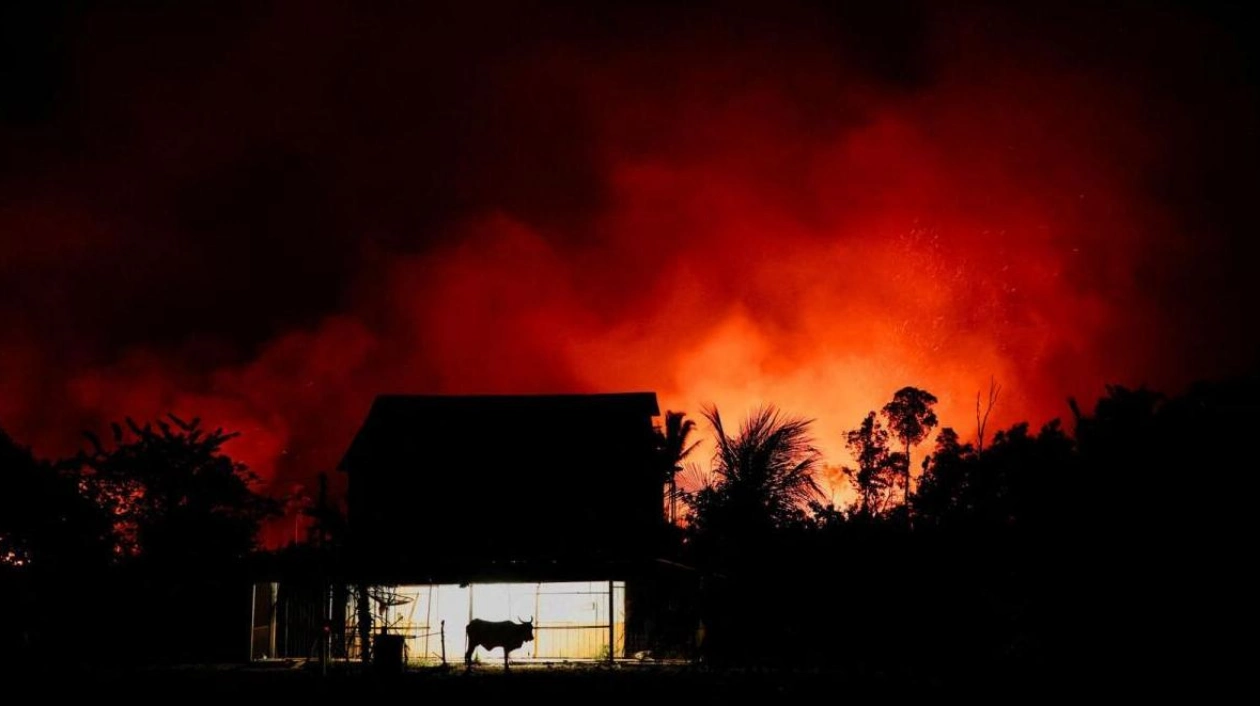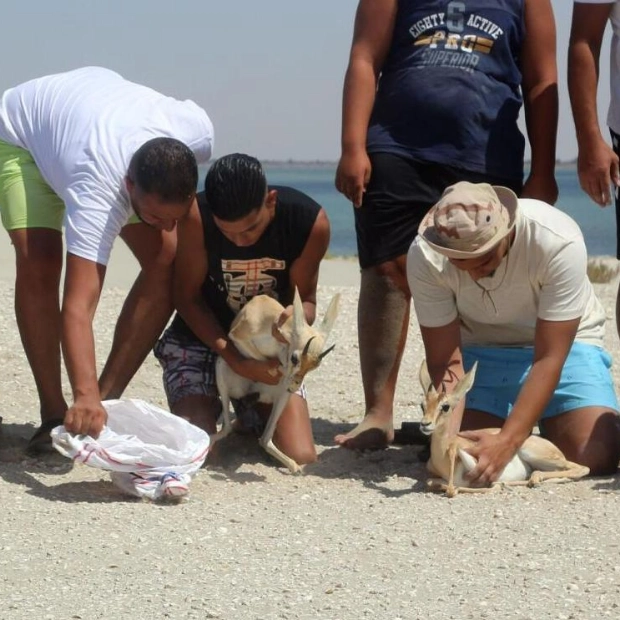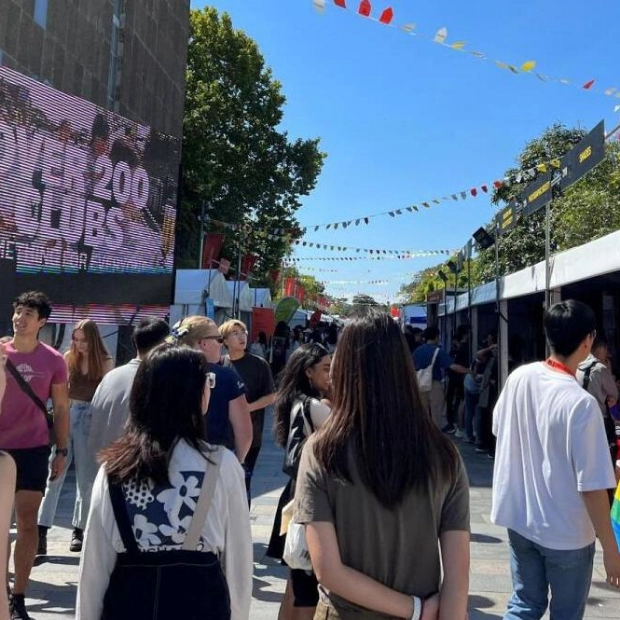The Amazon rainforest has lost an area roughly the size of Germany and France combined due to deforestation over the past four decades, exacerbating droughts and record wildfires across South America, experts stated on Monday.
Spanning nine countries, the world's largest jungle plays a pivotal role in combating climate change by absorbing planet-warming carbon dioxide from the atmosphere. However, researchers highlight that this year's unprecedented wildfires have instead released vast amounts of carbon dioxide back into the atmosphere.
Various scientific reports underscore the dire connection between forest loss and climate change, and the subsequent devastation for both humans and wildlife. According to RAISG, a consortium of researchers and NGOs, deforestation, primarily for mining and agricultural purposes, has resulted in the loss of 12.5% of the Amazon's forest cover from 1985 to 2023. This equates to 88 million hectares (880,000 sqkm) of forest lost across Brazil, Bolivia, Peru, Ecuador, Colombia, Venezuela, Guyana, Suriname, and French Guiana.
RAISG experts noted, "A significant number of ecosystems have vanished to make way for vast pastures, soybean fields, or other monocultures, or have been transformed into craters for gold mining." Sandra Rio Caceres from the Institute of the Common Good, a Peruvian association contributing to the study, told AFP, "With the loss of the forest, we emit more carbon into the atmosphere, disrupting an entire ecosystem that regulates the climate and the hydrological cycle, clearly affecting temperatures." She believes the loss of vegetation in the Amazon is directly linked to severe droughts and wildfires affecting several South American countries.
The Copernicus Atmosphere Monitoring Service reported on Monday that the fires in the Amazon and Pantanal wetlands were the worst in nearly two decades. The World Weather Attribution network of scientists stated on Sunday that climate change is escalating the risk and severity of fires in the Amazon and Pantanal, releasing "massive amounts" of carbon dioxide into the atmosphere.
Clair Barnes, a researcher from Imperial College London, said, "Never-ending heat combined with low rainfall has turned these precious ecosystems into highly flammable tinderboxes." She added, "As long as the world continues to burn fossil fuels, the risk of devastating wildfires will persist in the Amazon and Pantanal."
The drought has caused some Amazon rivers to reach their lowest levels in decades, threatening the livelihoods of approximately 47 million people living along their banks. The dry spell has led to fires burning out of control in Brazil, Ecuador, Colombia, Bolivia, Argentina, Paraguay, and Peru. Ecuador, heavily reliant on hydroelectric power, is facing severe energy shortages due to its worst drought in six decades, leading to rolling blackouts and red alerts in 20 of its 24 provinces.
In Brazil, thick smoke has enveloped major cities such as Brasilia, Rio de Janeiro, and Sao Paulo, with fumes occasionally crossing the border into Argentina and Uruguay. Amnesty International urged South American leaders to take urgent action to prevent a climate catastrophe that could have irreversible consequences for humanity and the planet.
In an open letter to seven Latin American nations, the NGO called on authorities to do more to abandon fossil fuels, transform the industrial agriculture model, and protect the territories of Indigenous peoples and environmental defenders. Amnesty noted that while some countries like Brazil have taken steps to address forest burning, many others are lagging behind. Under Argentina's budget-slashing President Javier Milei, there has been a "drastic cut" to the environmental budget, severely impacting the National Parks' service.






